Shopping Habits on the Outdoor Consumer

apparel how long do you
expect it to last?
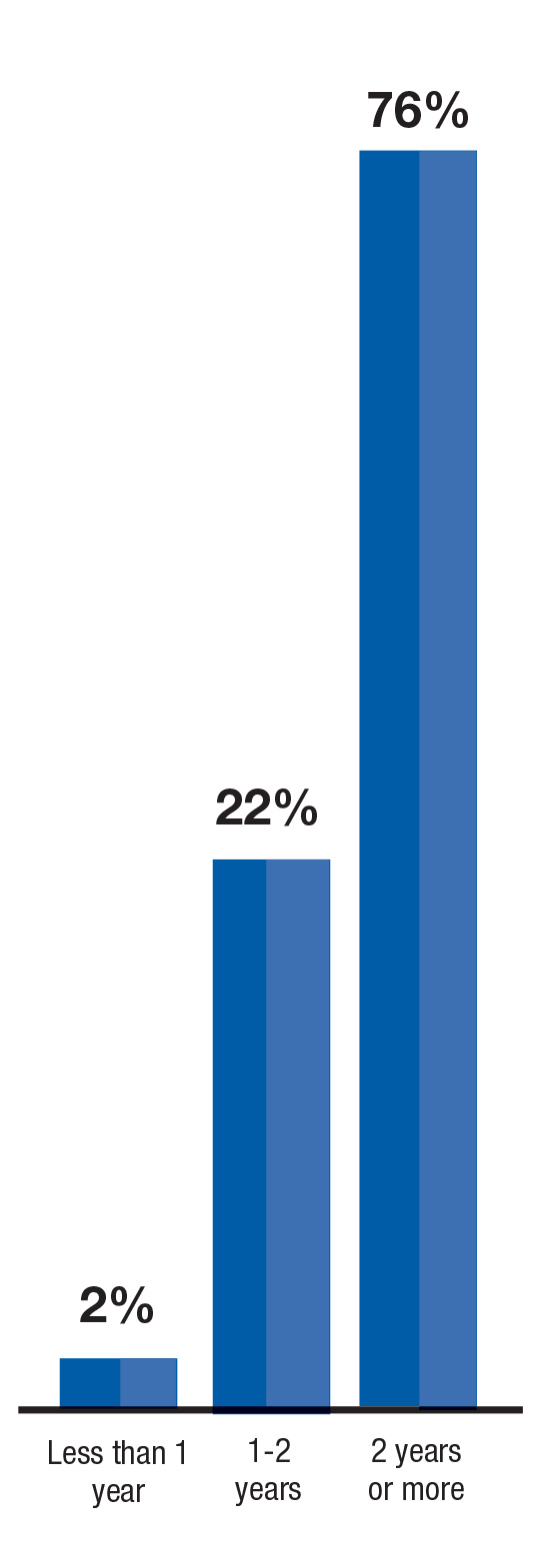
expect it to last?
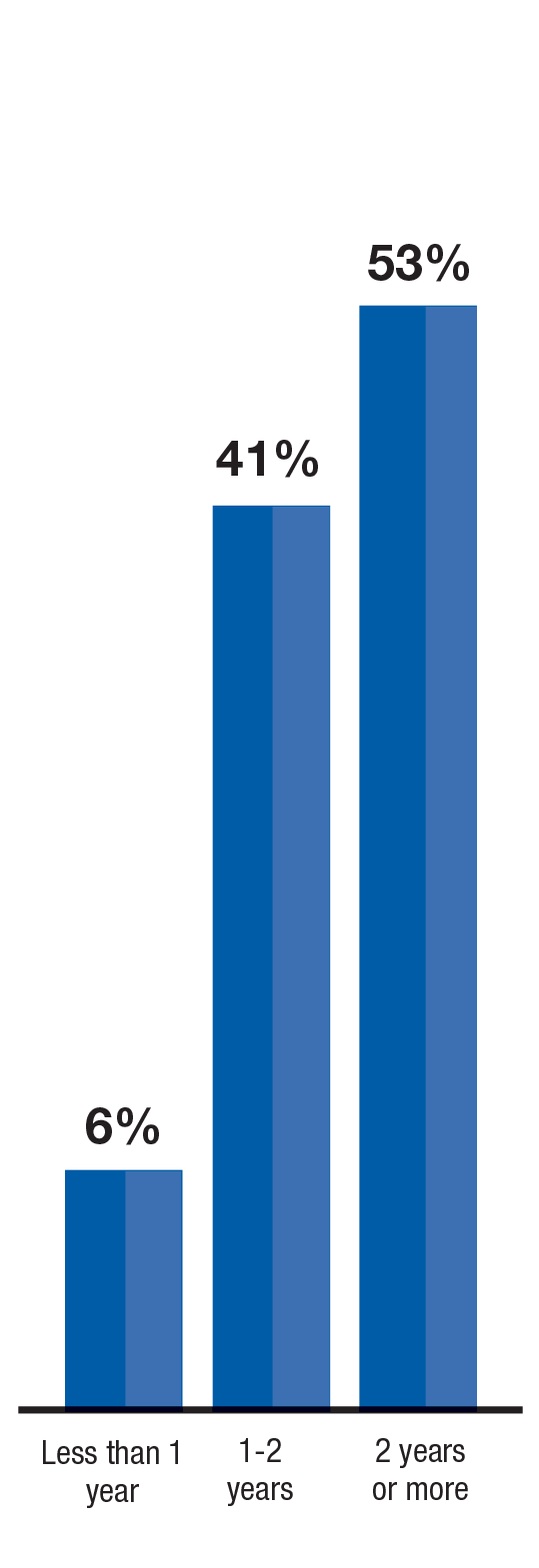
expect it to last?
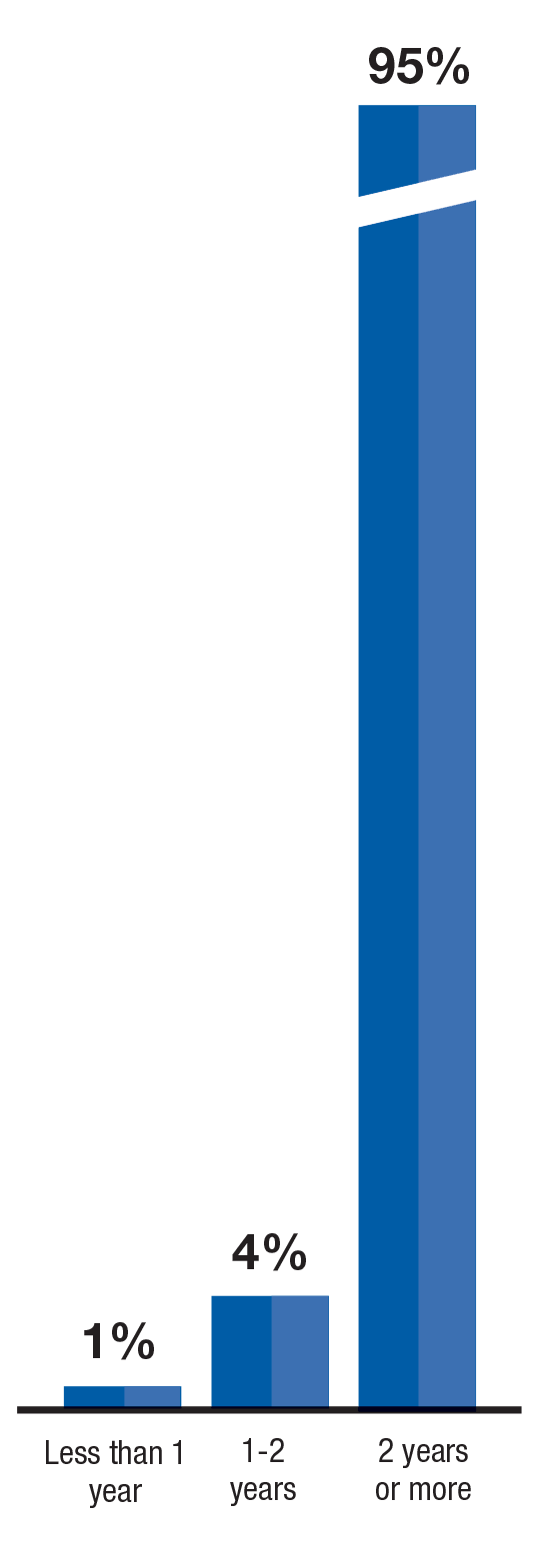
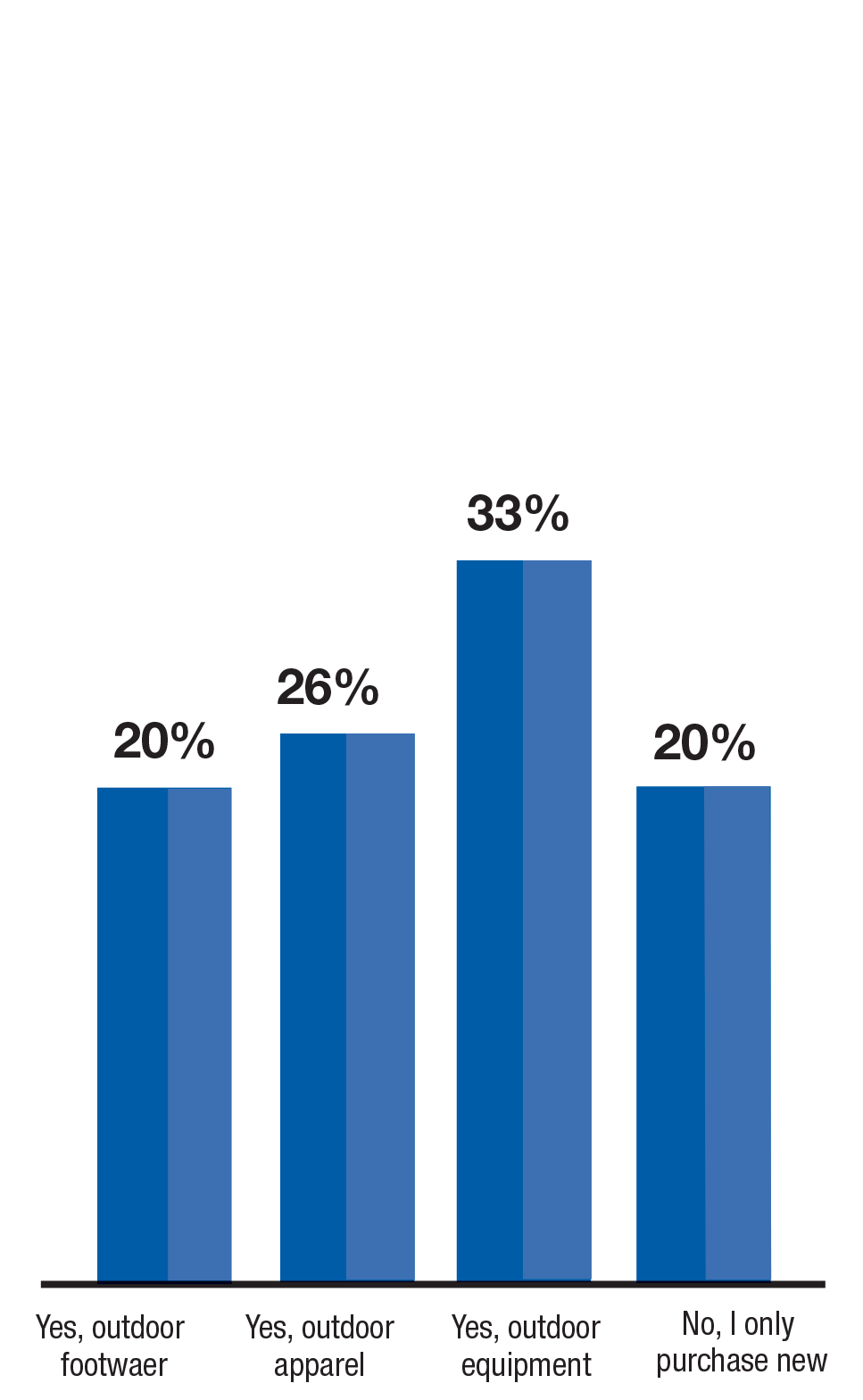
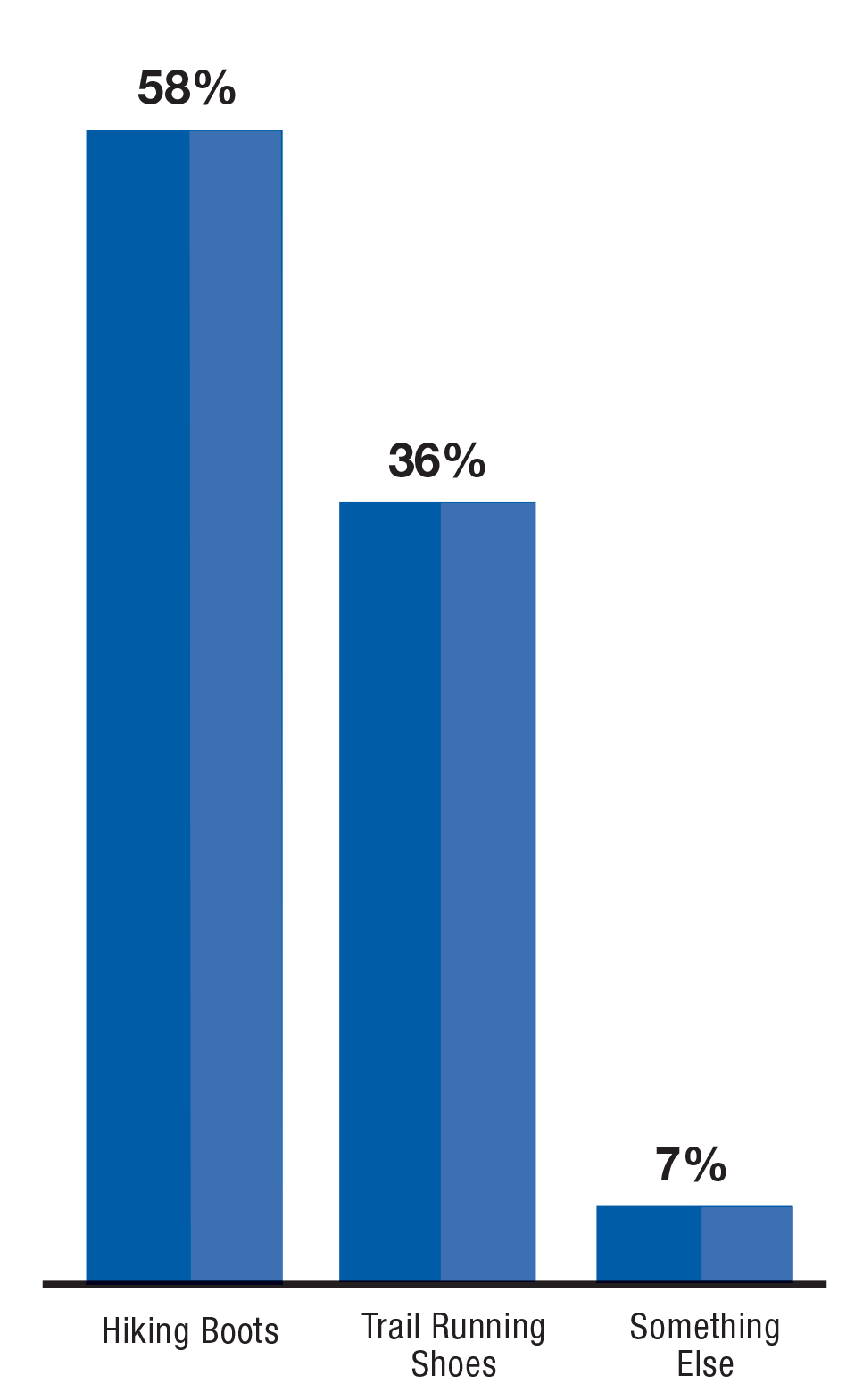
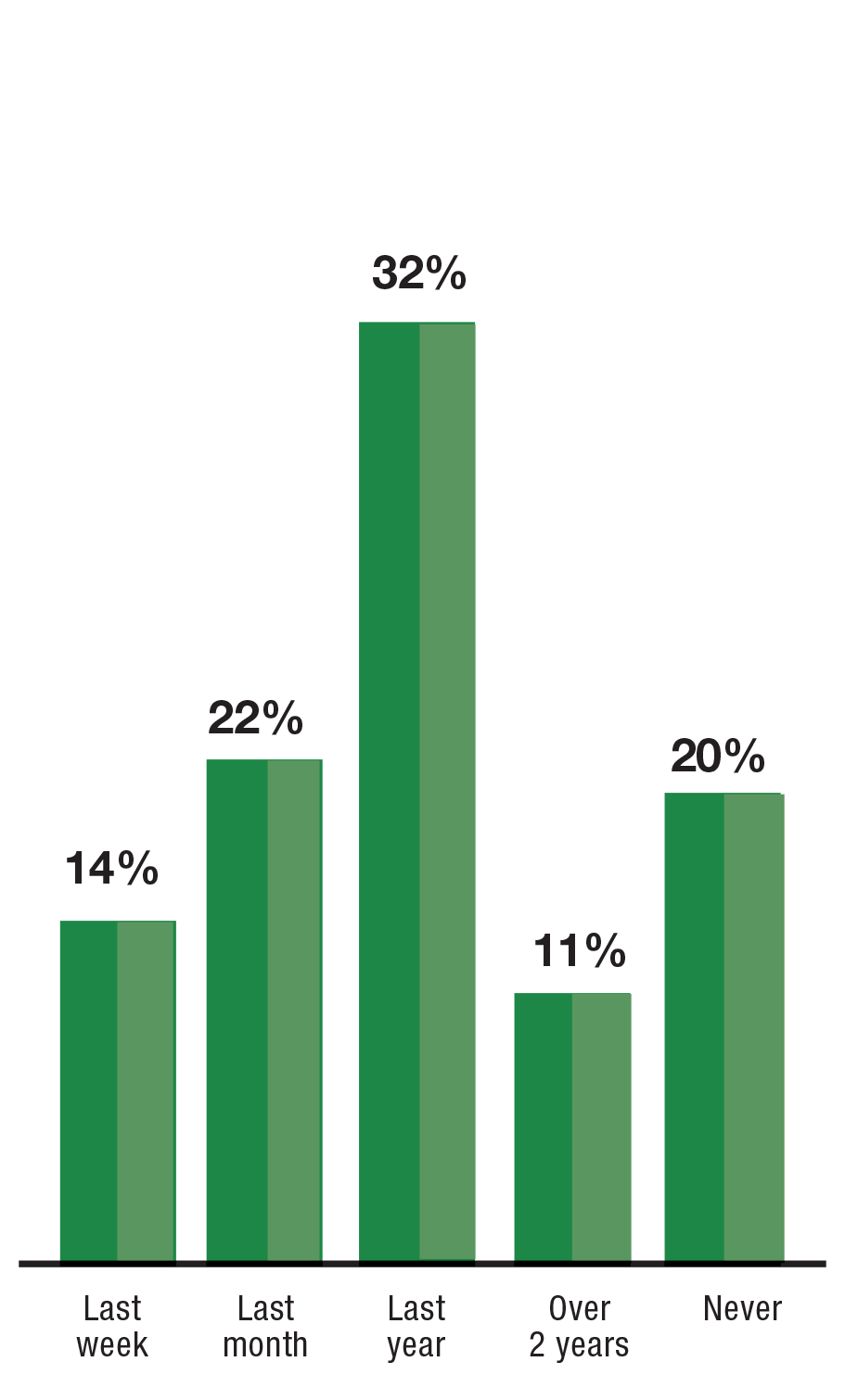
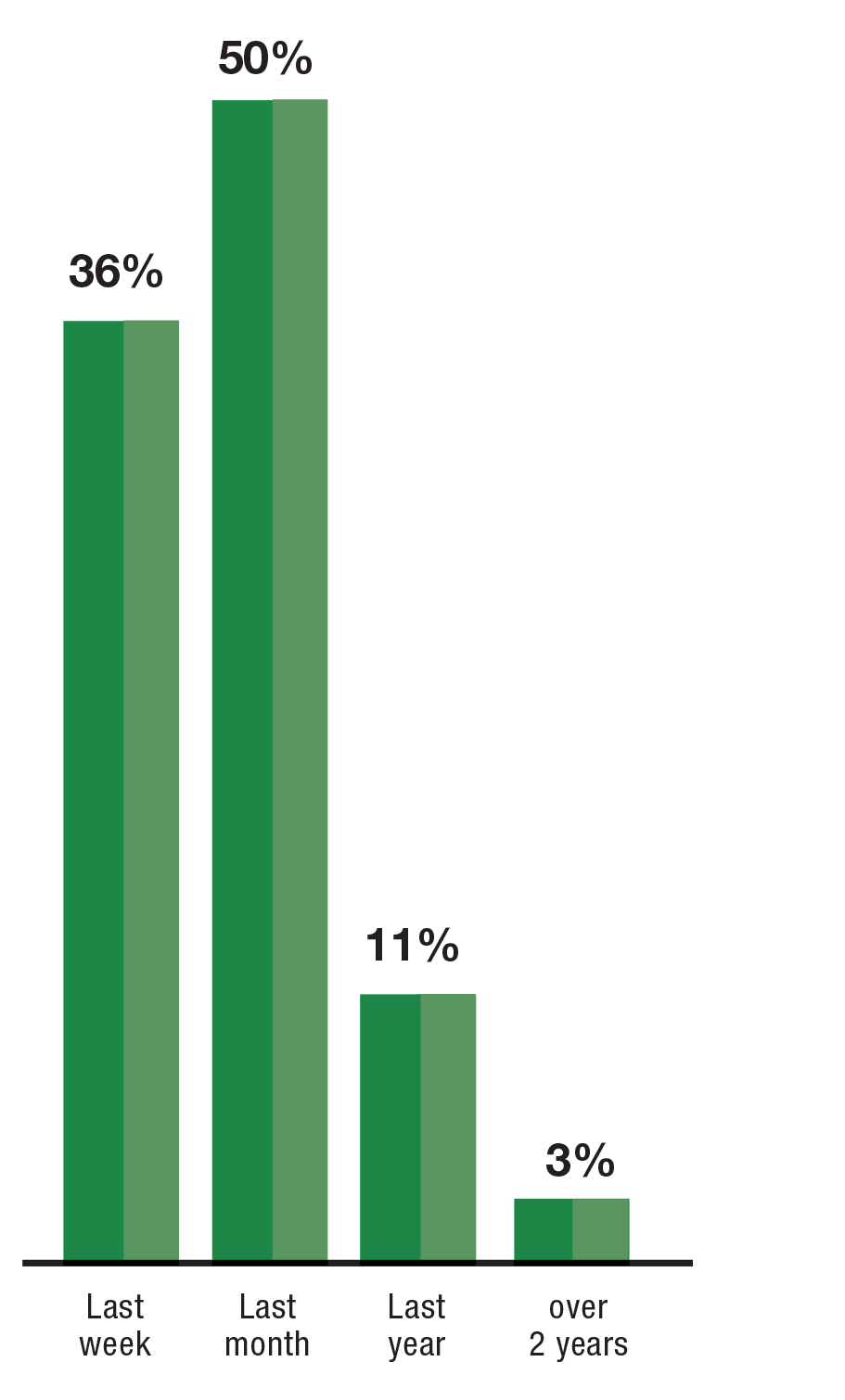
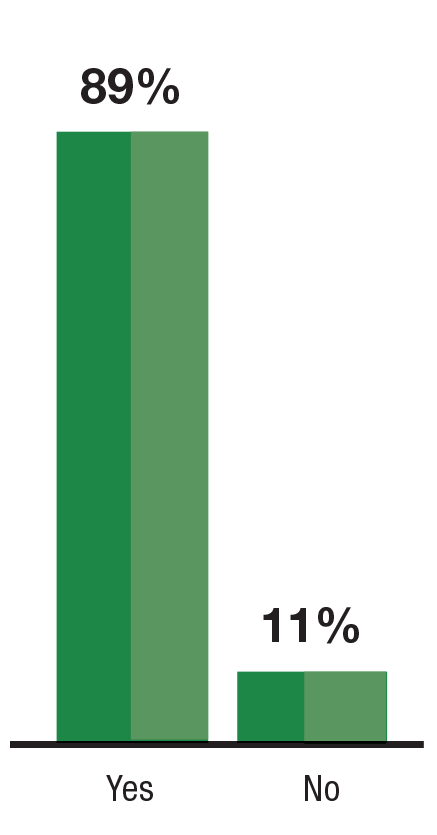
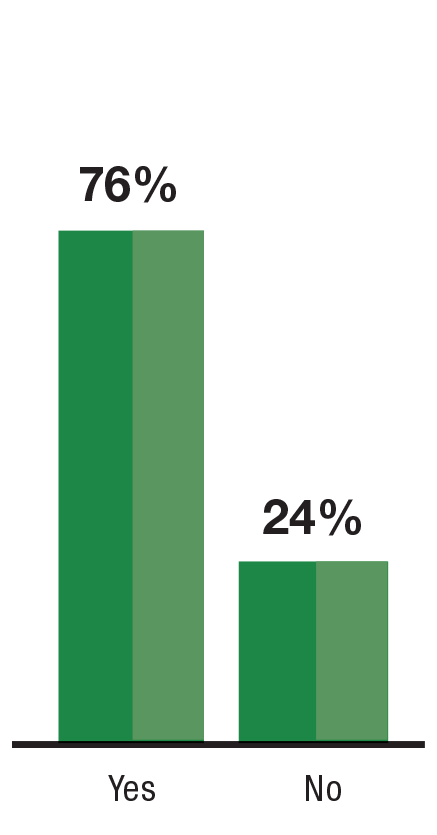
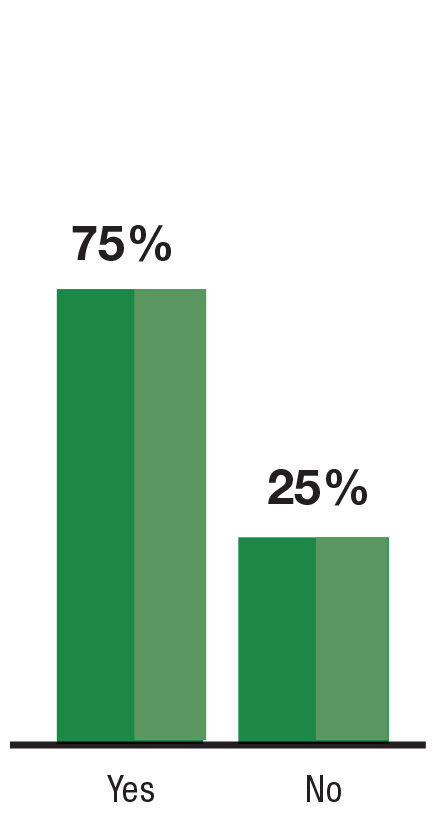













I enjoy this because it shows that they want to put back into the activities that their customers enjoy. It also shows that they truly care about the products they are making.
If your science is sound and you sound genuine (if you don’t for either, I scoff at you and put you on a yellow flag list), I applaud the effort to have carried out these initiatives, and make a mental note of such.
I think it might be more expensive than it needs to be. I also think that it is something I should support if I can.
Good for them and it makes me more prone to use them or buy them.
I’ll support it if the price is comparable.
Sustainability is extremely important to me. I purchase the majority of my outdoor clothing and apparel from Patagonia for this reason. I would like more brands to as eco friendly. I am willing to pay the premium price for gear that doesn’t pollute the environment.
They are smart . They are going for an audience that cares.
That it’s worth the little extra money to spend on it.
I should verify their veracity, and if true, support their brand.
I appreciate their responsibility and triggers more interest in the company.
Great they are environmentally friendly, but not a selling point. These items tend to be more expensive and price is more important.
I like the fact brands are thinking long term. It draws me in.
It doesn’t really influence me.
These items may cost more -but it may be worth it if they are truly helping the planet (but i wont pay a huge premium for it).
That it’s usually just marketing hype.
It is more about causes the company funds rather than sustainable practices. Such as 1% initiative versus a tent made from recycled canvas, etc.
I think it’s a bonus, but when it comes down to the application, I want the product to work well when I use it. I want the materials to look and feel like they will last. I appreciate USA made items. I will usually pay more for those.
It’s really necessary for a company to do this , especially an outdoor company or they really don’t have the clout to be selling outdoor gear.
It’s poorly considered and trend driven.
I will have to research the product more to ensure the marketing is true.
Product might not last long. Might not be a good way to protect you from uV light.
It is good for those who care—I do not.
This is probably greenwashing the same product they had last year.
I question what it really means. Also, does it apply to the packaging? A brand claiming eco and sustainability initiatives should extend to its packaging as well.
Are they really doing this? I’m skeptical at first due to all the greenwashing going on in advertising. With a brand like Patagonia that is proven to have sustainability initiatives, I tend to believe them.
It makes me more apt to purchase from a company that values sustainability.
They’re making the products from resued material.
Good for them, but often the price point is higher than other brands. I would like to support brands that go eco/sustainable but sometimes can’t afford to.
Good, but how would I ever know how sustainable it truly is.
That’s good but how much cheaper could the product be? I like programs that fund tree planting or saving of animals other things I don’t care about.
That it shows that they are giving back as opposed to only being it in for profit.
Depends on the messaging. I’m all for it until they get too radical or intense. Then I tend to tune them out.
It makes a very good impression on me and would sway my decision some, but usually isn’t the deciding factor.
What metrics are they using? What is their motivation?
If independent research confirms their initiatives, I’m far more likely to purchase their products.
I do appreciate their efforts, but it is the quality of the product that is the most important.
it coincides with what I’m trying to be a part of. I also favor companies that give back to preserving what we all love... the outdoors.
It makes a statement, but does it transcend through their entire product assortment or is it a stance to gain attention?
